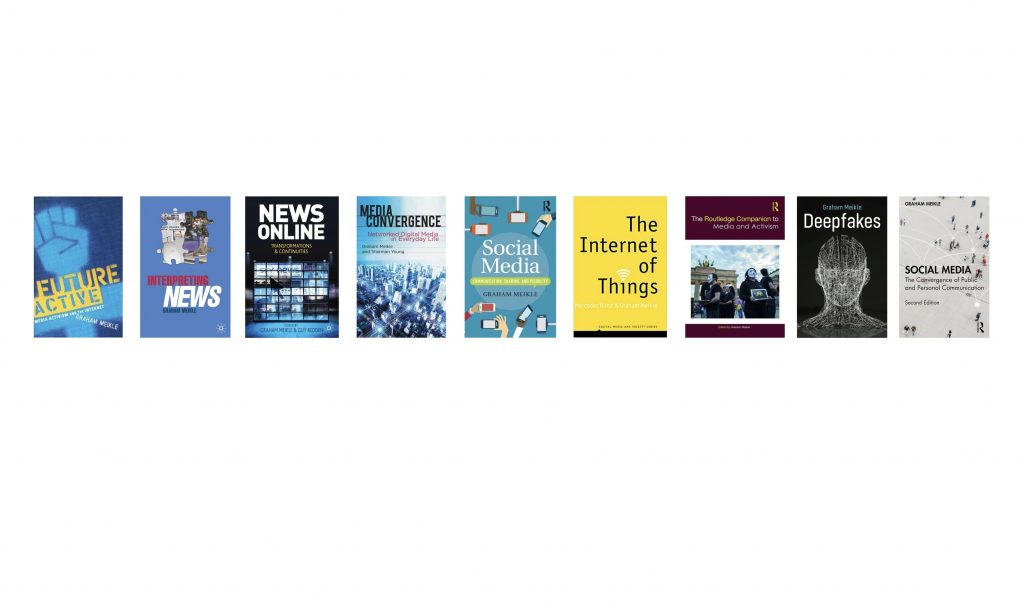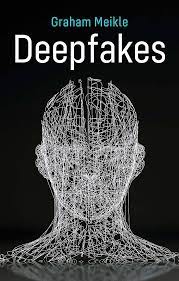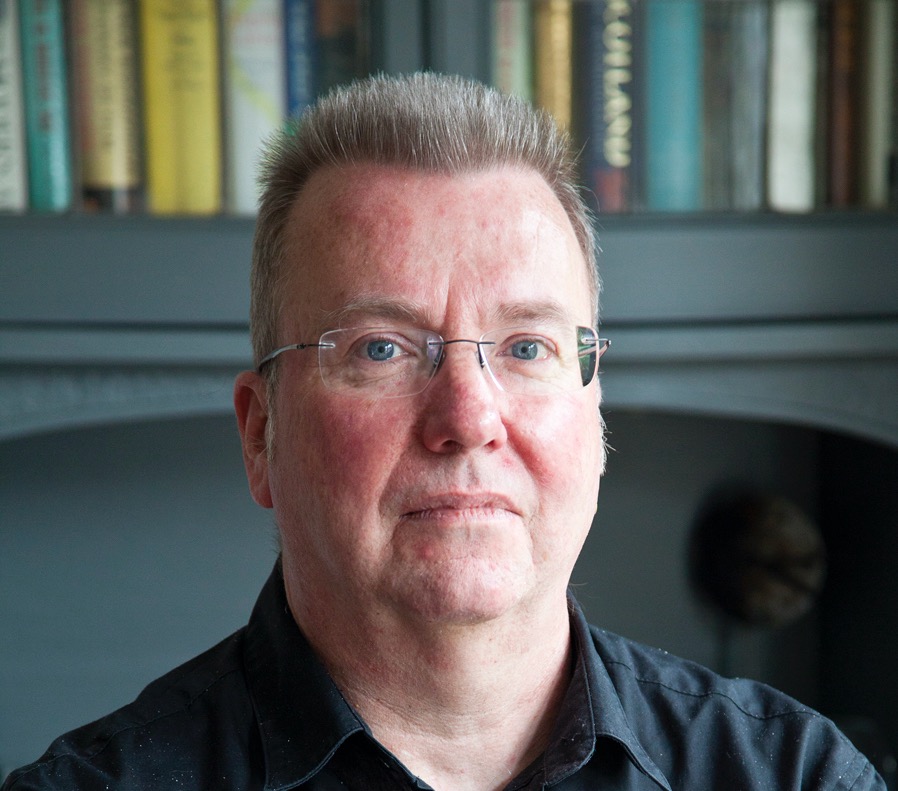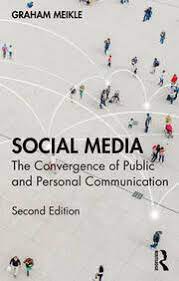Our Social Media and Digital Communication MA launched in 2013 and stands out for its distinct approach to the study of social media, exploring areas such as politics, business, data science, media, and communications. The diversity of the course’s curriculum and focus on research and knowledge allows students to develop current, in-depth expertise and insights which can be applied to a variety of industries.
The course is taught by a team of leading researchers and teachers, including those from Westminster’s Communication and Media Research Institute (CAMRI), ensuring that the programme is always at the cutting edge of education in this subject area.
We spoke with course leader, Professor Graham Meikle, who founded the course, about his experience and his advice for applicants.
Can you tell us a bit about yourself?
I’m from Scotland and did my first degree in English Literature at the University of Edinburgh. As part of that, I spent a year at the University of Pennsylvania in Philadelphia, and the experience of living in the US made me want to travel more. So, I spent several years teaching English, including Academic English and IELTS preparation courses, in Japan, Ecuador, Spain and Australia. I became fascinated by the emerging World Wide Web in the mid-1990s and signed up for a web-focused MA in Media, Technology and Law at Macquarie University in Sydney. That led to the offer of a scholarship to do a PhD in Media and Communication, researching internet activism, which I published as my first book Future Active in 2002. I’ve been lecturing in this area since 2000, for seven years in Sydney and then five years back home in Scotland, before I was appointed as Professor of Communication and Digital Media at Westminster in 2013.
I like guitars, memes, cats, and cooking (my prawn and lentil soup is my best work).
Why did you choose Westminster?
Westminster is a natural choice for anyone in my field. We are a leading provider in this academic discipline and ranked in the top 15 among UK institutions for Communication and Media Studies in the QS World University Rankings 2023. Westminster has always been a leader in media research, particularly through our Communication and Media Research Institute (CAMRI).
I’m lucky enough to be the director of CAMRI as well as Course Leader on the Social Media and Digital Communication MA, and that combination is very important to me because I really believe that all academics should both teach and research, not just focus on one or the other. That gives our learners the best possible exposure to new ideas in the subject.
What have been some of your career highlights?
In 2019 I won the UK’s National Teaching Fellowship. These are awarded to academics who can demonstrate outstanding impacts on student outcomes and on the teaching profession. I think my award was a real endorsement of the collective ethos of research-led teaching we champion at the Westminster School of Media and Communication, and which continues to ensure that our students are always learning about the most up-to-date knowledge in the field from people who are helping shape it.
Can you tell us about your areas of expertise or interest, and your experiences as an author and sharing your knowledge?
I’m very much a book person. I’ve published nine books, with more to come, and I’m proud of the way they’ve tracked the development of social media and internet cultures right through the twenty-first century so far. I’ve written books about internet activism, news, media convergence, the internet of things, deepfake videos, and of course about social media.

My most recent book is a completely revised and updated second edition of Social Media: The Convergence of Public and Personal Communication, published by Routledge in April 2024. It explores fascinating areas of social media such as remix cultures, hashtag activism, and so-called fake news. It also examines the business models of the world’s biggest social and digital platforms and how more recent developments such as deepfakes and Generative AI are connected to those.

Deepfakes – Graham Meikle (2023) 
Professor Graham Meikle 
Social Media: The Convergence of Public and Personal Communication – Graham Meikle (2024)
What’s the most exciting aspect of teaching on the MA Social Media and Digital Communication at Westminster?
I’ll say two things. The first is the students. We get a very diverse, cosmopolitan group of learners from all around the world every year. We launched this MA in 2013, and it now has about 300 graduates from approximately 40 countries, and this diversity means we can all learn new things and share different perspectives every time.
The second thing is that the subject is always changing and there are always new developments to explore — this degree has been around longer than TikTok, for instance, and it’s always exciting to find ways of incorporating new things into what we teach. We update the modules and the assignments to respond to new developments every year. For example, in the last few years my core module has brought in new topics such as deepfake videos and Generative AI, and students have made video essays on YouTube or experimented with a ChatGPT assignment to connect the ideas we discuss in class to our everyday experiences of digital platforms.
Can you tell us a bit about some of the graduate successes? And what would your advice be to aspiring professionals?
Graduates of this MA are working in the creative and digital industries in roles across research, marketing, content creation, management, education and in the arts. We have had graduates go onto work at the BBC, Netflix, The Independent and a range of advertising and marketing agencies. Some have gone on to do PhDs and pursue academic careers, with at least one graduate starting his own social media app, inspired by his MA dissertation project.
We have also had many students with existing professional experience who take this course to develop new skills and knowledge, helping them develop their existing career rather than to start a new one. We’ve had journalists, content-creators, campaigners, artists, teachers, and marketers do this, among others.
Graduates from this course are attractive to a variety of employers because they have high-level skills in research and analysis, critical thinking, and clear and effective communication. My advice is to remember that this is your course and it is about developing skills that you can take to any industry, not about training for one particular role. After all, many of the jobs that graduates will be doing five years from now haven’t been invented yet.
About Westminster
As one of the most diverse universities in the UK, we are a global university with London energy, with more than 19,000 students from 169 countries. Visit our website to find out more about our Media and Communication courses
- MORE 2025: Showcasing the Future of Architecture and Cities - October 27, 2025
- Opportunities at Westminster: My journey as a Student Ambassador - October 3, 2025
- OPEN 2025 Celebrating Talented Students - July 23, 2025
